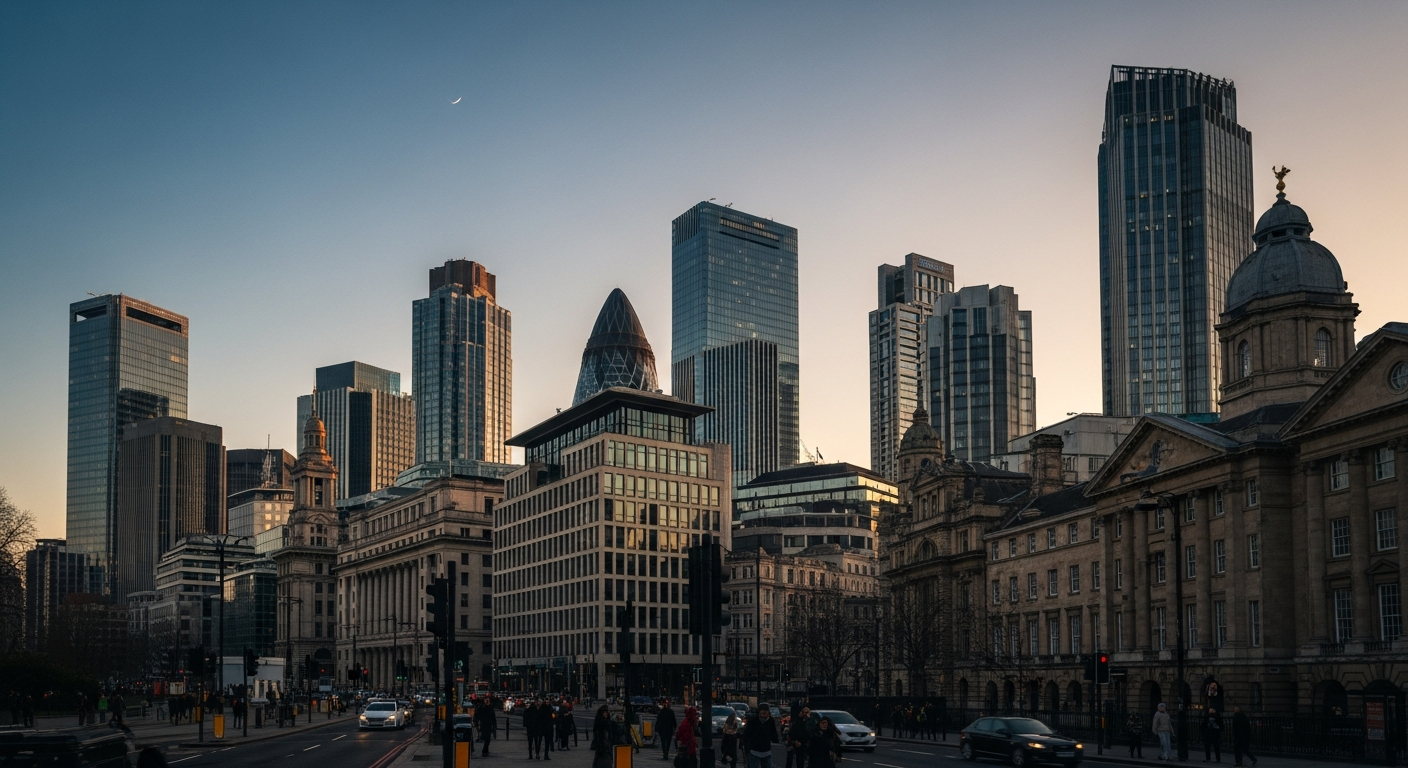Unmasking The Social Dynamics of Face Tattoos in Contemporary Culture
In recent years, society has seen a surge in the popularity of face tattoos. Previously viewed as a taboo, this form of body art is now more accepted and commonplace. But what are the sociological implications of this shift? This article delves into the history and current trends of face tattoos, its cultural significance, and the ways it is shaping modern society.

A Marked History: Origins and Evolution of Face Tattoos
Historically, face tattoos have been part of various cultures worldwide, from the indigenous tribes of New Zealand to the Ainu people of Japan. They were a symbol of identity, status, and affiliation. Yet, in the Western world, they have been associated with criminality, rebellion, and social deviance.
The change in perception was gradual, driven by the rise of counter-culture movements and the mainstreaming of tattoo culture. The likes of Post Malone and Lil Wayne, prominent figures in the music industry, have further popularized face tattoos, contributing to their acceptance and prevalence in today’s society.
An Inked Society: Current Trends and Cultural Shifts
Face tattoos have transcended boundaries, with people from all walks of life embracing them. They’ve become an expression of individuality and personal narrative, a symbol of resilience and transformation.
Interestingly, this trend is not confined to the youth. A recent study revealed that even middle-aged individuals are getting face tattoos, challenging societal norms and expectations. This trend reflects the growing acceptance of tattoos and the shift towards a more liberal, individualistic society.
Markings with Meaning: Implications and Significance
The rise of face tattoos is not without implications. It’s a reflection of a society that values individual expression over conformity. The acceptance of face tattoos signals a shift towards accepting non-traditional beauty standards and breaking away from societal norms.
Moreover, face tattoos are challenging the notion of professionalism in the workplace. As more people get face tattoos, employers are forced to reevaluate their policies, leading to a broader conversation about discrimination based on appearance.
Tattoos and Modern Society: Shaping the Future
Face tattoos are more than a trend; they’re a sociocultural phenomenon that’s shaping modern society. They’re a testament to society’s evolving views on self-expression, individuality, and beauty.
As to where this will lead, it’s hard to predict. However, one thing is clear: face tattoos are a powerful symbol of societal change, and they’re here to stay.
The Final Strokes: Concluding Thoughts
The rise of face tattoos is a fascinating study of societal change and cultural evolution. It’s a testament to the power of self-expression and the evolving definitions of beauty and acceptance. As society continues to change and evolve, so will the perceptions and meanings attached to face tattoos.
This exploration into the world of face tattoos offers a glimpse into the current societal dynamics and cultural shifts. It’s a reflection of a society breaking away from tradition and embracing individualism. Whether one views face tattoos with admiration or disdain, there’s no denying their impact on modern society.
In a world that is continually evolving, one can only wonder what the next cultural phenomenon will be. As always, it will be exciting to observe and analyze the social dynamics that come into play. After all, society is a canvas, and its people are the artists.






